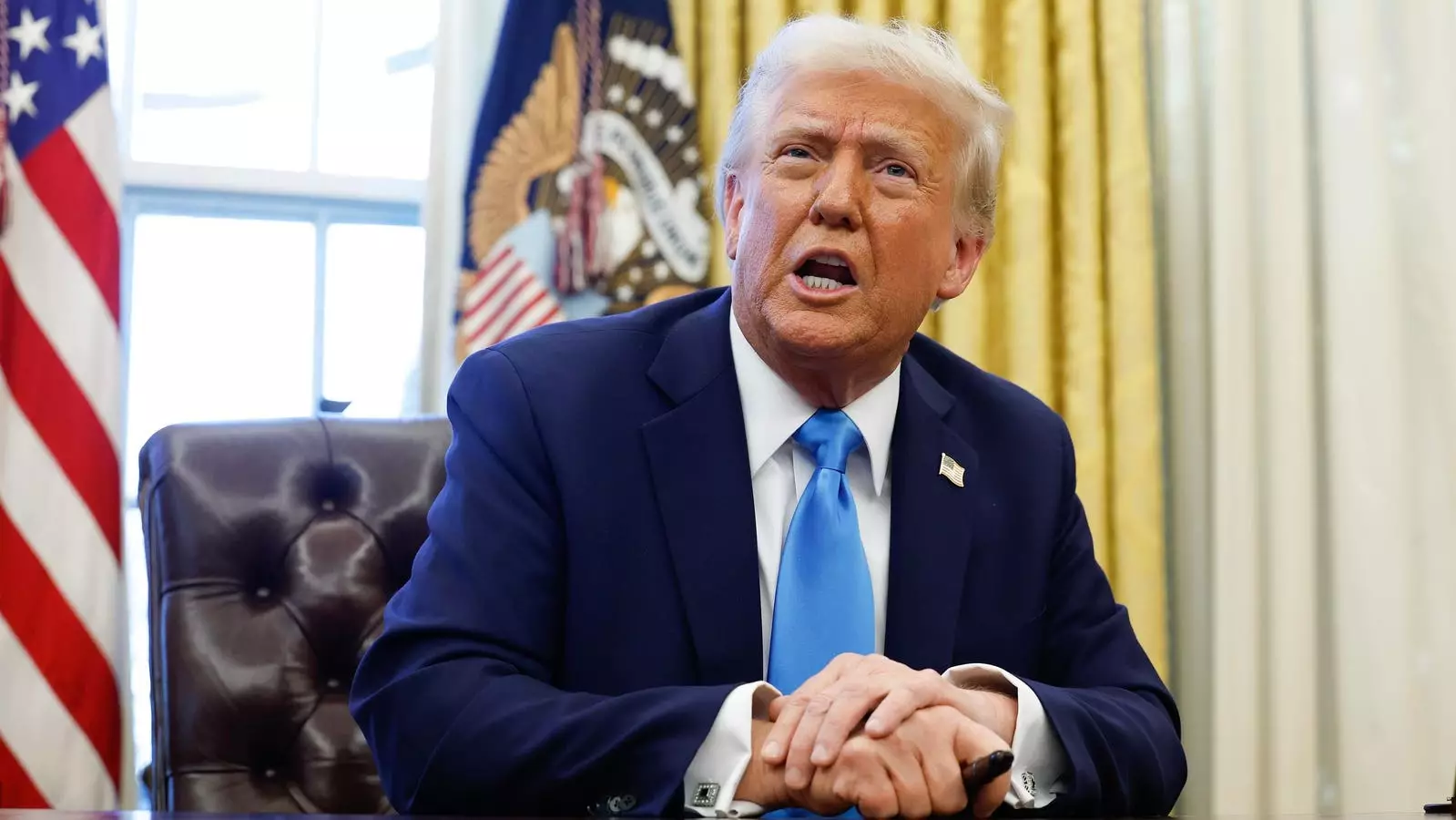The political landscape of the United States is currently navigating the tumultuous waters of significant policy changes introduced by the newly inaugurated Trump-J.D. Vance Administration. These reforms, focusing on humanitarian aid, immigration, and health sectors, threaten to disrupt various systems integral to both the nation and the international community. An analytical look at these new policies reveals concerning implications for economic stability, global food security, and public health.
Since assuming office, the current administration’s economic focus largely revolves around inflation. However, ongoing tariff and trade strategies instituted by the Trump-Vance administration threaten to exacerbate the very inflation they aim to address. Research by an academic consortium indicates that existing trade tensions with pivotal partners such as Canada, Mexico, and China will raise prices across a wide spectrum of goods, contributing to an increased cost of living.
Consequently, families already grappling with financial constraints are likely to experience heightened economic hardship. The administration’s approach could lead to escalating food prices that further alienate those struggling to provide basic nutrition for their families. Affordable access to food is a pillar of societal stability, and this policy direction raises serious concerns regarding potential increases in food insecurity, thus impacting millions of American households.
A stark marker of the Trump-Vance administration’s global impact is its decision to freeze foreign aid programs, significantly affecting the U.S. Agency for International Development (USAID). This agency is fundamental in delivering essential humanitarian assistance around the globe. The freeze threatens to dismantle vital support services that assist over 60 million individuals facing starvation and other crises worldwide. The ramifications of abandoning these initiatives are multifold, posing grave risks to global food security, health care access, and community resilience in numerous countries.
The decision to recall USAID personnel back to the United States further complicates matters. This not only incurs additional costs for relocation but also jeopardizes diplomatic relations and erodes trust built over years of aid and support. Critical humanitarian projects that rely on the presence of USAID workers to function will stall, disproportionately impacting vulnerable populations who depend on these services.
The recent emphasis on strict immigration policies under the Trump-Vance administration poses additional challenges to the agricultural sector and the broader U.S. economy. The American food system significantly relies on immigrant labor, with over three-quarters of crop workers being documented or undocumented immigrants. Policymaking that disregards the contributions of these workers places strain on the agricultural supply chain, compromising food availability and affordability.
Moreover, the efforts to ramp up enforcement and deportation by U.S. Immigration and Customs Enforcement (ICE) could create a chilling effect on essential workforce participation, leading to labor shortages in agriculture and beyond. Analysts suggest that the current trajectory may lead to an increased reliance on the H-2 visa program, which has been criticized for exploitation and lack of basic worker protections. The potential shift to this program could result in lower labor standards, leaving workers vulnerable to abuse, while simultaneously jeopardizing food system stability across the U.S.
The health policy implications of the Trump-Vance administration also warrant serious attention, particularly regarding the U.S.’s relationship with the World Health Organization and commitments to global climate agreements. The planned withdrawal from the WHO and the suspension of funding for crucial health initiatives pose risks not only for domestic public health but also for global health collaborations that have become increasingly vital in a post-pandemic world.
The reduction of partnerships within CDC poses unique challenges, particularly in efforts to mitigate disease transmission and respond to health crises. The executive order halting allocations from the Inflation Reduction Act of 2022 jeopardizes groundbreaking initiatives aimed at fostering resilient agricultural systems capable of combating climate change.
The policy shifts initiated by the Trump-J.D. Vance administration present a complex array of challenges. Every citizen—regardless of political affiliation—should remain vigilant and informed about these changes, which will undoubtedly ripple through our economy, society, and beyond borders. A proactive approach must be adopted to advocate for policies that uphold humanitarian values, ensure fair labor practices, and safeguard public health, ultimately promoting a more equitable and sustainable future for all.


Leave a Reply